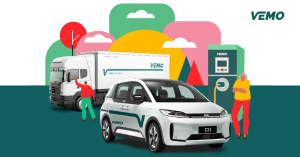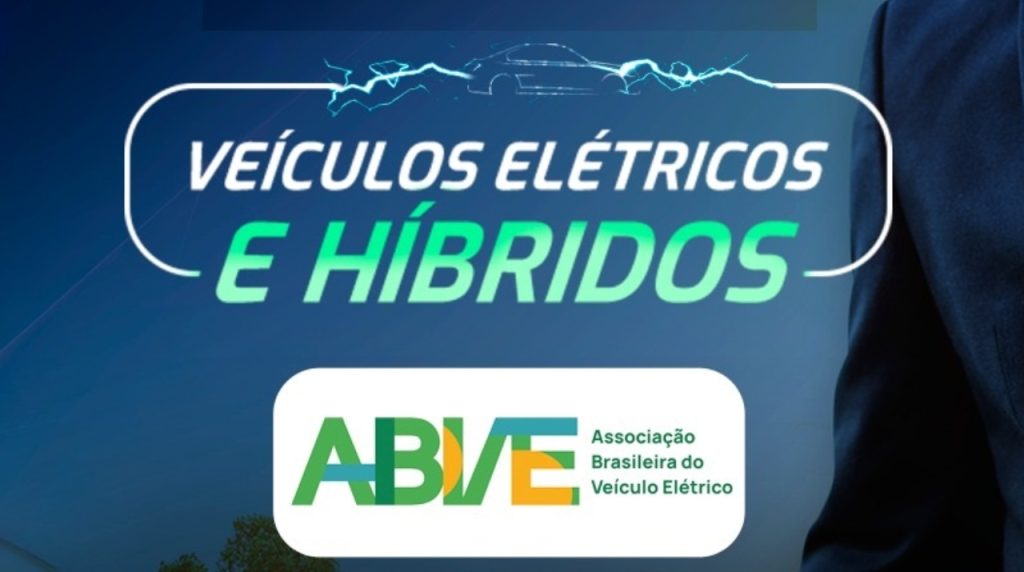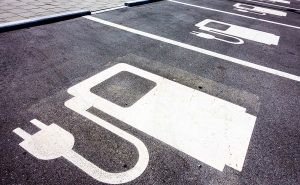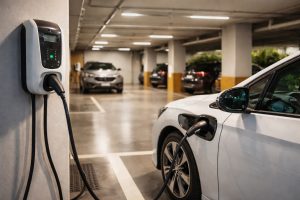
Electromobility in Brazil from the Perspective of ABVE

Brazil’s commitments within the context of COP 26 aim to reduce global CO2 emissions by 50% by 2030, encompassing various sectors of the economy and being broad in scope.
In this context, electromobility emerges as a key factor in meeting the assumed objectives, given the positive effects of a paradigm shift in public transportation, urban freight transport, and the increasing adoption of electrified passenger vehicles.
In response, ABVE asserts that in line with promoting ESG projects, there is a global trend towards the use of clean and renewable energies, as well as the replacement of fleets powered by fossil fuels with those having electric traction.

Related Content: ABVE holds a debate on the safety of electric vehicles in Brazil
ABVE: Brazil’s Actions
While other countries prepare for the big change, Brazil must act and adapt its transportation operating entities and industrial park to the introduction of electrified vehicles, which is crucial to satisfy the domestic market and avoid isolation from other nations. This would limit Brazil’s export capacity, even to nearby markets.
This makes electromobility in Brazil also progress, although at a slower pace than in other countries. This is the challenge: to accelerate the transition to clean and sustainable transportation.
Finally, the growth of electrified vehicles in Brazil follows a solid and irreversible upward curve, in contrast to the stagnation or retraction of overall domestic sales over the past three years.





